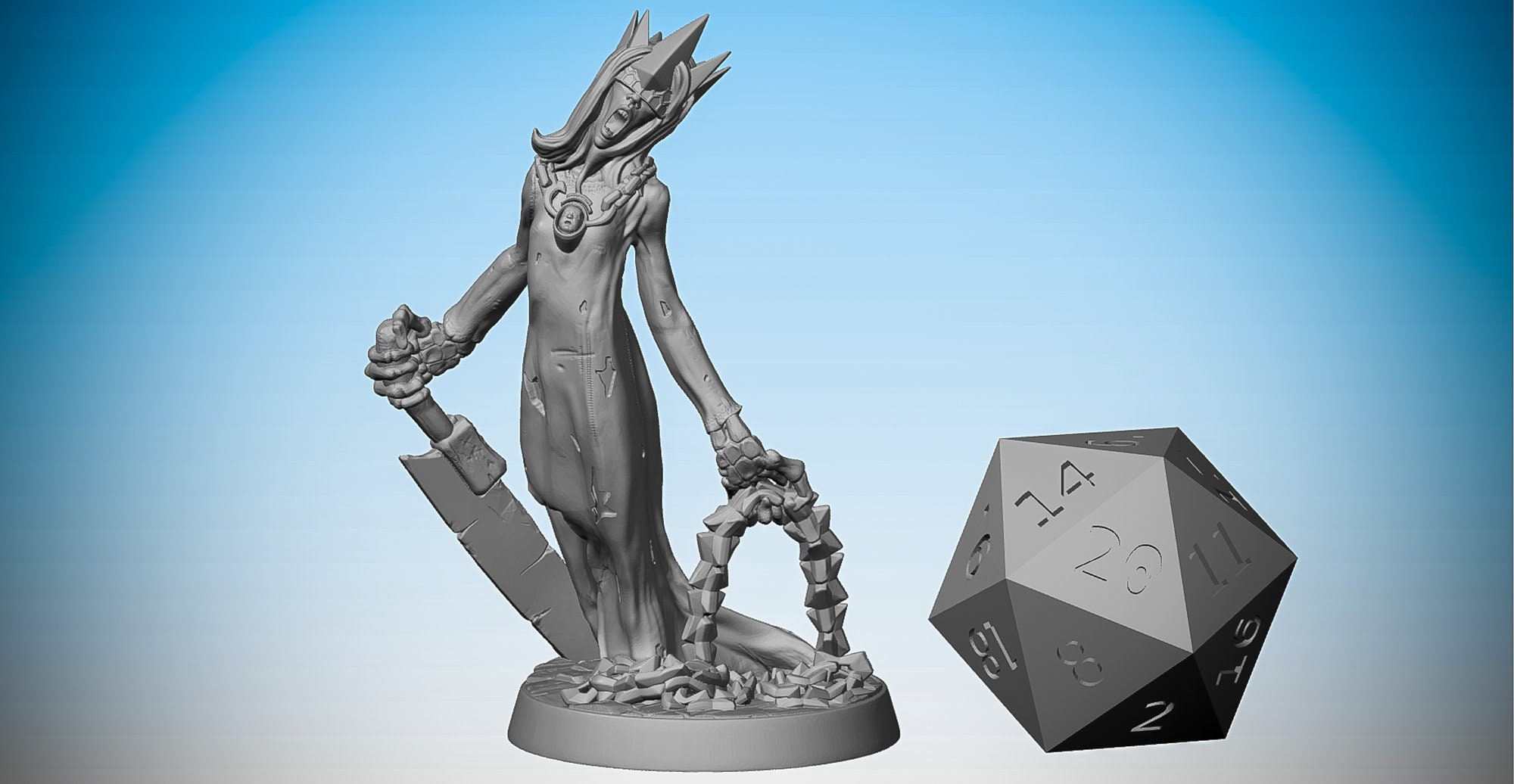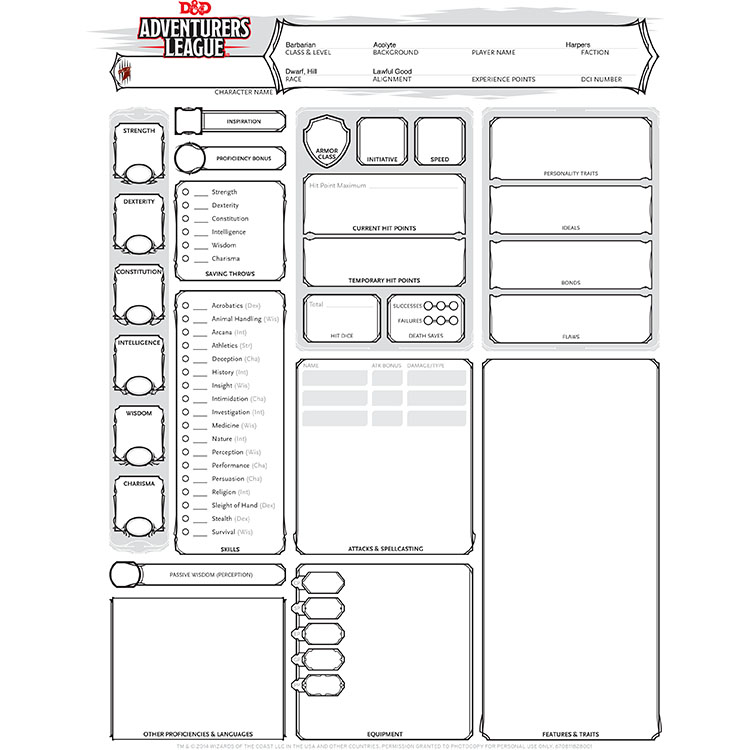

If something is missing from a Compendium, you should first check to see if that entry is actually part of the OGL SRD. That is because they were purposely not included in the SRD (System Reference Document) when the publisher designed it. For instance, the D&D 5th Edition OGL SRD does NOT have entries on Displacer Beasts or Mind Flayers, nor do they cover any other feats beyond Grappler.

While it is possible that a Compendium could be missing content, especially in the case of newly built Compendiums, it's important to note that an OGL version of a rule system may not cover the entirety of the published rule system it's based from. "Why isn't there an entry for (Spell, Rule, Monster, Etc.) in here?" The search looks for keywords used in the page title and header tags of an entry. No matter which page of a Compendium you're on, there is a search bar directly above that allows you to look up for more entries at any time. For instance, in the D&D 5th Edition SRD Compendium, the Spells category has subpages for each Class and each one of these pages is a list of spells which have their own dedicated page. Underneath these categories are subpages and in some instances those subpages may be broken down into even further subpages. Depending on the game ruleset in question, the available categories may be different, but what you will likely see are ones such as: Rules, Races, Classes, Items, Equipment, Spells, and Monsters. Once you've selected a Compendium to browse, you'll first have a search bar available followed with an index of categories. This brings you to the Compendium Page where you can choose the Compendium you wish to browse. You can learn more about this feature in detail by visiting the Roll20 Help Center.You can access the available Compendiums by going to the website's main navigation bar and selecting Tools -> Compendium. Curate the best compendium for you and your players, build the world you want to explore, and craft the story you want to tell. With Compendium Selection, you can build the exact game you want to play. Missing a compendium that you want in your game? You can head right to the marketplace from Compendium Selection by clicking the purchase link. Either way, it and its contents won’t show up in the compendium sidebar for anyone. This can be a compendium in your collection or one you don’t own. This setting further ties into sharing settings if you have sharing turned on, you’ll bring it to the virtual tabletop for everyone to use, but if you have compendium sharing turned off, you’ll bring it for your own use, but other players won’t have access (though they can still bring their own copies).Īny compendium labeled “Not Available” will not be included in this instance of the game. You’re allowing others to bring it to the virtual tabletop.Īny compendium labeled “Available and you own” is one you’re bringing to the game. Just click on a book to toggle the setting between Available and Not Available.Īny compendium labeled “Available for those who own” will be allowed in the game, even though you don’t own it. You’ll see a list of all the compendiums available for the system you’re playing, listed in a table. On the Game settings page, head to the Compendium Settings section. Even if you want to just share your entire collection for a long and epic multi-session campaign, you can! Compendium Selection lets you curate your game experience so you can finetune the story you want to tell. Looking to run an introductory game of Call of Cthulhu with just the Quick-Start rules to teach new players? You can do that, too. Want to build a D&D game on Ravnica, without any of the monsters in Mordenkainan’s Tome of Foes? You can do that. It allows game owners to choose exactly which compendiums they want available in a single instance of a game. That’s why we’re introducing Compendium Selection. GMs had a difficult time curating the exact experience they envisioned for their players. This sometimes created less than ideal experiences. Until now, every compendium for a system would always be available in every game you launched for that system, regardless of settings.


 0 kommentar(er)
0 kommentar(er)
